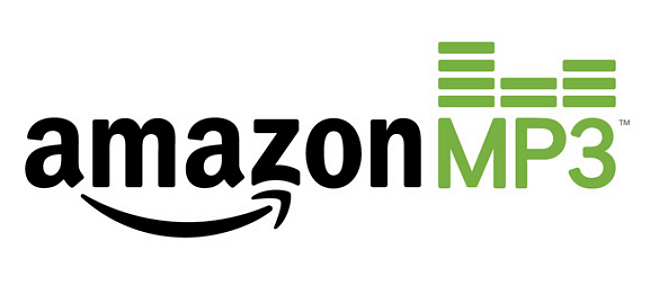 Song downloads are cheap these days by any standards. And now they’ve just got a little bit cheaper.
Song downloads are cheap these days by any standards. And now they’ve just got a little bit cheaper.
In what’s being seen by many as a bold move, Amazon has just knocked 20 cents off the cost of some of its MP3s in a bid to wrestle some of the music download business away from Apple, whose iTunes store currently dominates the market. The reduced price means that the e-commerce giant is now offering some top-selling songs for the bargain bucket price of just 69 cents.
A report in the LA Times points out that Amazon’s market share of the business has been languishing for the last two years at about 10 percent, whereas Apple’s iTunes continues to enjoy a share of some 70 percent.
Time will tell if the price cut creates some new loyal customers and causes a shift in the market. Speaking to the Times, Russ Crupnick, a digital music analyst at the NPD Group, said, “The average music consumer spends $46 a year on digital music, which is half of what it was last year. The question is not whether you can sell a 69-cent track. It’s whether you can get a customer to spend $69.”
Amazon are clearly intent on trying to upset the Apple music cart – the price cut comes off the back of Amazon’s recent launch of its cloud-based music locker service in March (something which Apple has yet to offer, though may be coming soon), though admittedly that service has been experiencing some problems of late.
The songs available for 69 cents at Amazon’s music store include recent releases such as Lady Gaga’s Judas, Kelly Rowland’s Motivation and Gorillaz’ Revolving Doors. The same songs are selling on Apple’s iTunes store for $1.29.
Let’s wait and see if Amazon’s latest move attracts any music lovers from the iTunes store, or if indeed whether Apple starts making some price cuts of its own, signalling the start of a price war.
Editors' Recommendations
- How to share your Apple Music library on Mac, iOS, and more
- How to transfer music from an iPod to a computer


